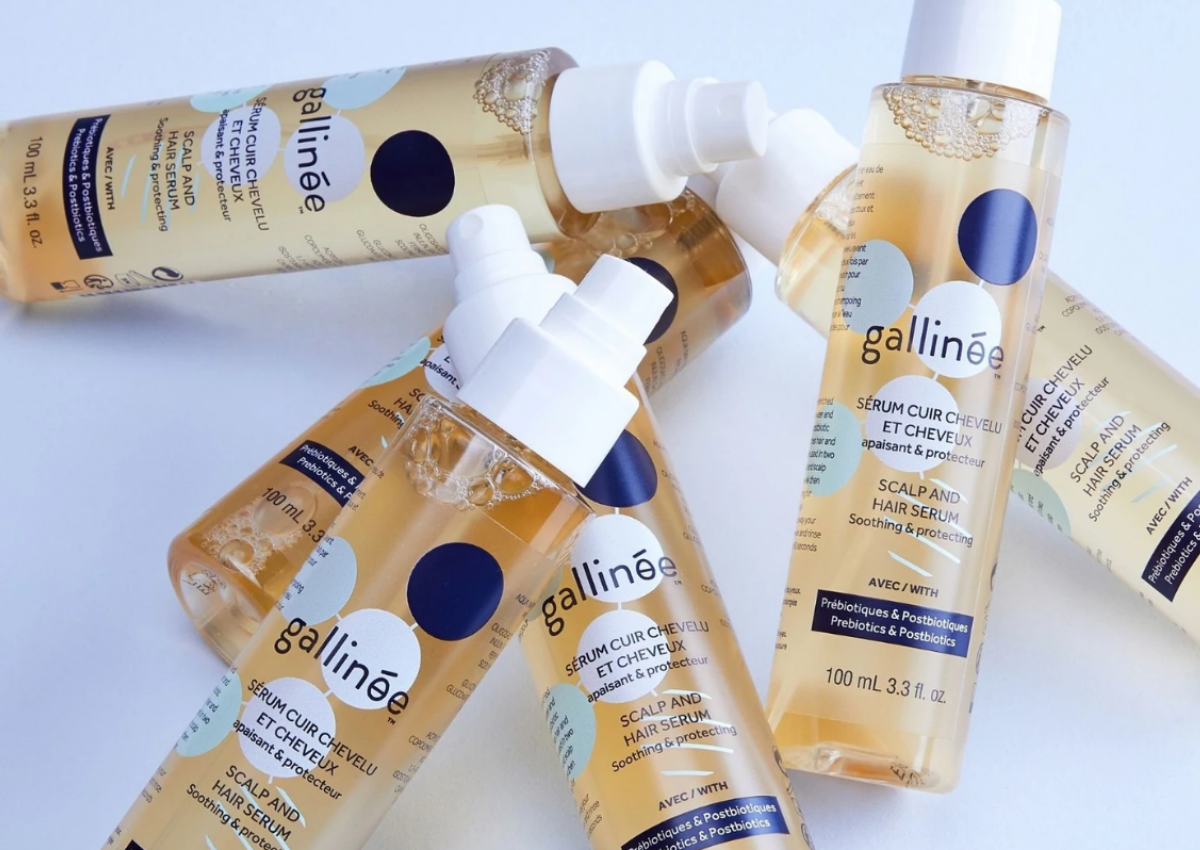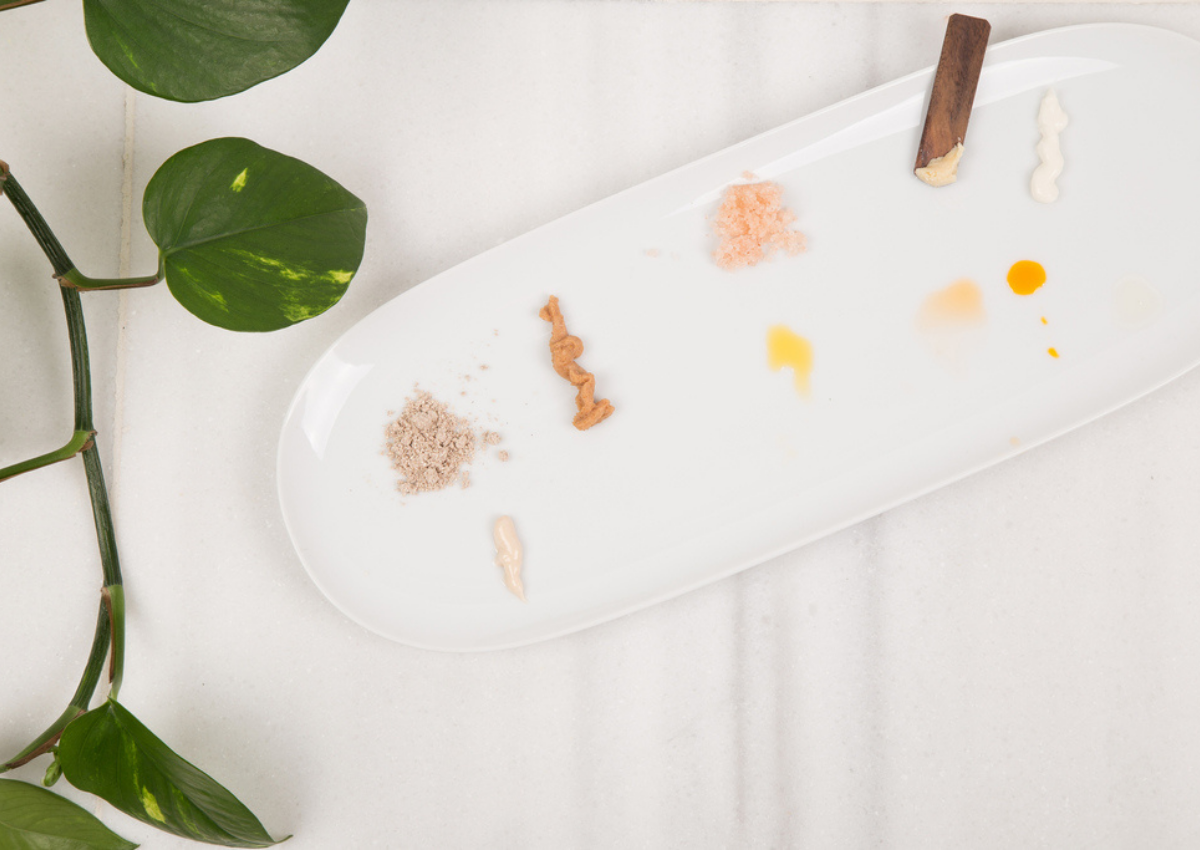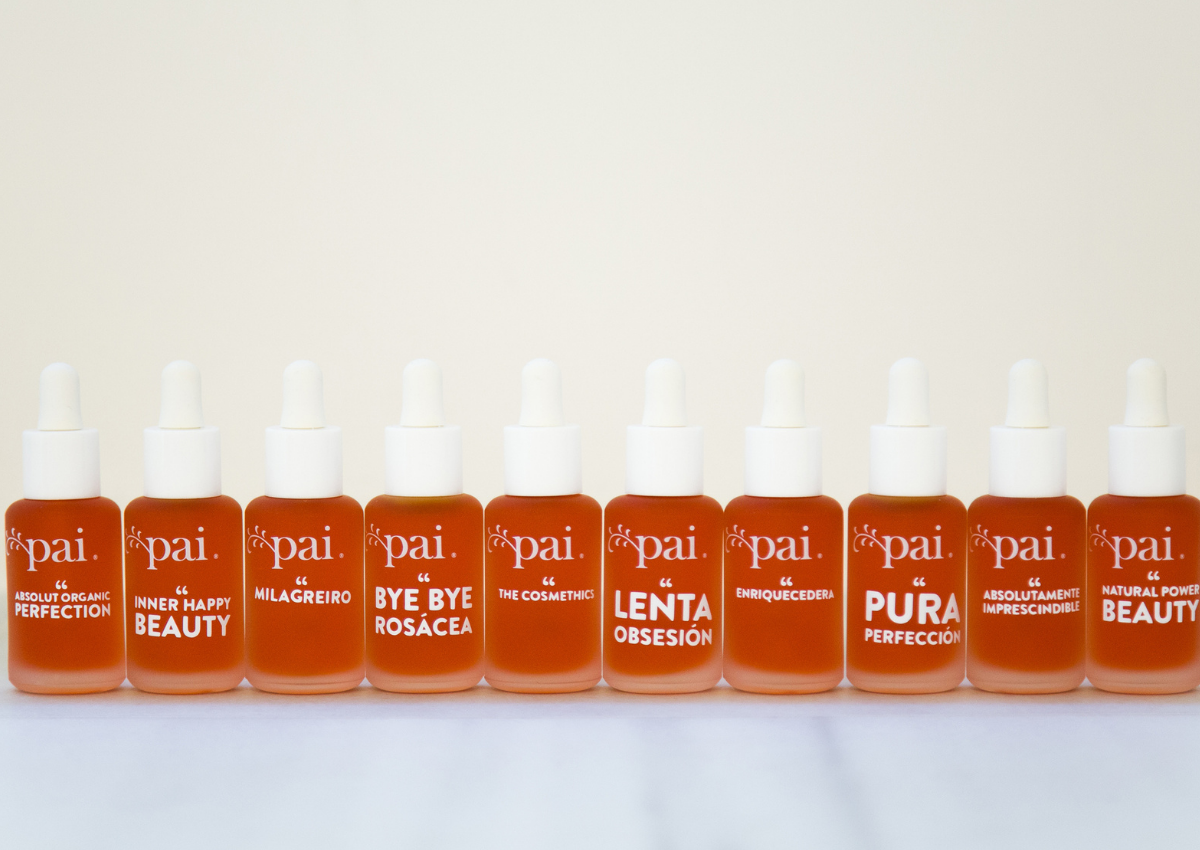
The hair microbiome, the great neglected part of our hair routine
There are millions of hair care products on the market. Nourishing masks, soothing shampoos or fortifying treatments are a continuation of our hair routine. It seems that the only important thing is to take care of your appearance, but to keep your hair healthy, other factors also matter. Have you heard about the hair microbiome? All the micro-inhabitants of our scalp are there for a reason and we want you to know why.
He The world of the microbiome is immense. There is a whole different ecosystem in your intestine, skin, eyes... Thousands of species of microorganisms live in symbiosis with it in every part of your body. Some help protect your health by keeping harmful germs away, while others can harm it and cause problems. Therefore, it is important to know the peculiarities of each of your skin's microbiomes, in this case that of your scalp. So we start with the most basic:
What is the hair microbiome?
The hair microbiome is the set of microorganisms (fungi, bacteria, mites, viruses and protists) that develop on the scalp and feed on dead cell tissues, sebum and other substances produced by our body.
There are millions of these microorganisms per square centimeter! As in any ecosystem, these organisms generally live in balance with each other and with the skin of the scalp, which provides them with essential nutrients, but if disturbed, they can cause hair problems.
Is it different from what we can find on the skin?
The skin and hair microbiome are completely different. Although both are made up of small microorganisms, they form a totally different combination. We must understand, first of all, that the skin of the capillary areas and that of the rest of the body are not the same , since the former has a high content of sebaceous glands and hair follicles, among other things. It should be noted that the microbiome of the scalp is more similar to that of the forehead, since sweat and sebum secretions are similar in both areas, however, the presence of hair on the scalp makes this area unique in itself. . Thus, it is clear that the care of the different areas must be done with routines and products appropriate to the needs of each one .
What is its importance?
When there are alterations in the hair microbiome, a significant imbalance in the ecosystem occurs, which can cause different alterations such as reduced hair growth , dandruff , fat accumulation , seborrheic dermatitis , psoriasis , itching , irritation , peeling and inflammation .
For this reason, we must protect the balance of the hair microbiome through different strategies such as improving diet or using products rich in prebiotics and probiotics. These words may not sound familiar to you, but it is important to know what they are.
Probiotics are supplements containing live microorganisms intended to maintain or enhance the body's “good” bacteria, while prebiotics are fibers that act as nutrients for the inhabitants of the microbiome.
It should be mentioned that the microbiota changes as we age, hence the importance of consuming foods that contain probiotics and prebiotics in our daily diet is crucial. The same thing happens with the products we use in our hair care routine. By maintaining a good lifestyle (hygiene, healthy eating and exercise) we will help balance the microbiome of our scalp, since it is easily altered, for example after treatment with antibiotics.

Gallinée launches the first range of prebiotics to gently care for hair and balance the scalp microbiome.
What relationship does dandruff have with the microbiome?
The flora of the scalp can be altered by various factors, as we mentioned previously, and it is this alteration that will directly lead to the formation of dandruff. The hyperproliferation of a microorganism called Malassezia , which benefits from the alteration of the normal and healthy microbiota, causing greater dandruff formation. We have known this information for a very short time, thanks to research by L'Oreal, which has revealed the presence of this fungus in quantities up to ten times higher in scalps with dandruff.
Another factor to take into account Malassezia , is that its involvement has been demonstrated in the appearance of seborrheic dermatitis, which will manifest itself in the form of itching, irritation, oily skin and yellow scales.
How do cosmetics act on the hair microbiome?
In recent years, thanks to advances in knowledge of the microbiota, various products have been developed aimed at its care and protection . The main components that have allowed us to advance in this direction are probiotics and prebiotics, since they help us balance our hair microbiome, enhancing the presence of beneficial microorganisms for the scalp.
Conventional shampoos and conditioners can cause you to wash your hair more frequently due to the increased production of sebum caused by ingredients such as traditional surfactants and sulfates, which would lead to an imbalance in the hair ecosystem. Furthermore, it is important to use products that respect the pH of our skin, located between 4.5 and 5.9, thus promoting the balance of the hair microbiome.
Therefore, apart from looking for formulas that help cleanse and hydrate the hair, we must look for products that combine a scalp-friendly pH with the prebiotic and probiotic supplement that we need.
Our recommendations
Now that you know the importance of our hair microbiota and its care, we want you to discover the products that can help keep it healthy. At the forefront of cosmetic innovation, Gallinée launches the first range of prebiotics to gently care for hair and balance the scalp microbiome. We want to advise you on an innovative series of products from their line to care for your hair:
We start with cleaning. This creamy shampoo, rich in prebiotics, gently cares for the hair and balances the microbiome of our scalp, helping to promote the natural regulation of sebum. It is enriched with fermented rice water and an exclusive pre- and postbiotic complex to help maintain the scalp microbiome. The result is clean, healthy and shiny hair.
With this mask, forget about the greasy feeling on your scalp. Yes, you read correctly, it can also be used on the scalp. Its soothing, purifying and nourishing formula helps you achieve stronger, healthier hair and a rebalanced scalp microbiome. It adapts even to oily hair.
The last step for your hair care. A light, oil-free serum that helps you obtain a shinier result while keeping your hair clean. You can use it on freshly washed hair without rinsing or on the scalp at night and wash it the next morning for an intensive treatment.



Leave a comment
This site is protected by hCaptcha and the hCaptcha Privacy Policy and Terms of Service apply.